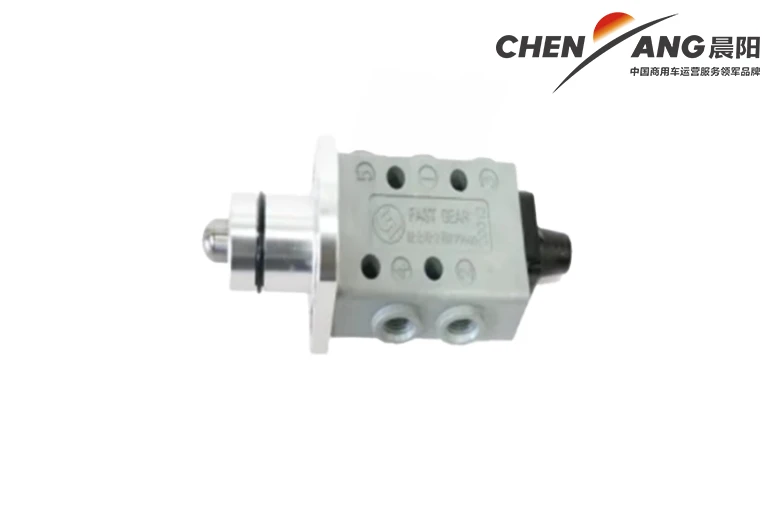types of lubricants used in automobiles
Types of Lubricants Used in Automobiles
Lubrication plays a pivotal role in the performance, efficiency, and longevity of automobiles. As complex machines, vehicles require various types of lubricants to ensure that all components function smoothly and efficiently. Understanding the different kinds of lubricants used in automobiles can help vehicle owners make informed decisions regarding maintenance and performance optimization.
1. Motor Oil
Motor oil is perhaps the most well-known type of lubricant used in vehicles. It serves several functions, including reducing friction between moving parts, heating absorption, and cleaning impurities and contaminants from the engine. Motor oils come in various grades and formulations, including conventional, synthetic, and blends.
- Conventional Oil is derived from crude oil and contains natural additives. While it’s generally less expensive, it requires more frequent changes and may not perform as well in extreme temperatures. - Synthetic Oil is engineered from chemical compounds, providing higher performance and better protection under a variety of conditions. Synthetic oils have superior thermal stability and oxidation resistance, making them ideal for high-performance engines. - Synthetic Blends combine conventional and synthetic oils, offering some benefits of both while being more affordable than full synthetic options.
2. Transmission Fluid
Transmission fluid is another essential lubricant in automobiles, specifically designed for the transmission system. It facilitates smooth gear shifts, cools the transmission, and prevents wear and corrosion. Just like motor oil, there are different types of transmission fluids, including
- Automatic Transmission Fluid (ATF), which is specially formulated for vehicles with automatic transmissions. It has additives that help ensure proper shifting and cooling.
- Manual Transmission Fluid, which tends to be thicker and is designed for manual gearboxes
. Each type may have specific viscosity requirements, and using the wrong fluid can lead to transmission problems.3. Differential Fluid
types of lubricants used in automobiles

Differential fluid lubricates the differential, which allows the wheels to rotate at different speeds when turning. This is crucial for handling and performance. Similar to transmission fluids, differential fluids can be synthetic or conventional, with additives that help reduce wear and oxidation.
4. Grease
Grease is a thicker lubricant used in numerous vehicle components, such as wheel bearings, suspension parts, and chassis fittings. Its consistency allows it to stay in place, providing long-lasting protection against friction and wear. Various types of grease are available, including lithium-based and silicone-based greases, each offering different properties suited for specific applications.
5. Engine Coolant
While not a lubricant in the traditional sense, engine coolant is essential for maintaining optimal engine temperature. It helps prevent overheating and protects against corrosion. Many coolants contain lubricating additives that coat the water pump and other components to minimize wear.
6. Hydraulic Fluid
Found in vehicles equipped with hydraulic systems, such as power steering and brakes, hydraulic fluid transmits power and lubricates various components. This fluid must be stable under pressure and temperature variations to ensure reliable system operation.
Conclusion
Selecting the right type of lubricant is crucial for maintaining the performance and health of an automobile. Each lubricant serves a specific purpose, and the choices—it can be conventional or synthetic oils, various transmission fluids, and more—depend on the vehicle's make, model, and intended use. Regular checks and changes of these lubricants can help prevent premature wear, improve efficiency, and ensure that a vehicle remains in optimal condition for years to come. As automobiles continue to evolve with advanced technologies, understanding these lubricants and their functions will become increasingly important for all vehicle owners.
-
Fast Gearbox Transmission Parts Slave Valve – Durable & Reliable SolutionNewsJul.28,2025
-
Hydraulic Lock Assembly for SHACMAN Truck Parts – Durable & ReliableNewsJul.28,2025
-
SINOTRUK HOWO 84 Electric Dump Truck for Eco-Friendly Heavy HaulingNewsJul.26,2025
-
The Fast 16-Gear Manual Transmission Assembly for Heavy TrucksNewsJul.25,2025
-
Mercedes Benz Actros 1848 42 Tractor Truck for Sale - Reliable PerformanceNewsJul.24,2025
-
High-Quality Water Pump Assembly for Sinotruk Trucks – Durable & ReliableNewsJul.23,2025
Popular products

























